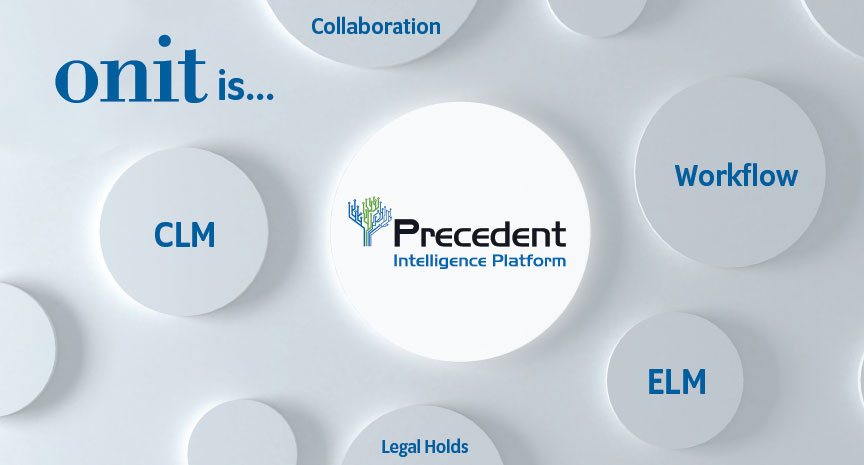
By now, businesses across all sectors recognize the benefits of legal AI in operations management – especially for processes such as contract management. Along with other technologies, AI is helping to reduce the financial pressure on operations teams and corporate legal departments who need to find ways to be more efficient. Particularly in the past year with the pandemic demands, there have been significant investments to decrease workloads for employees across businesses by streamlining things like workflow and approval processes. For example, this study found that contract AI in legal departments can increase efficiency by more than 50%.
In the first installment of our three-part blog and podcast series published earlier this month, we touched on AI’s ABCs. Now, we take a more in-depth look at some fantastic ways AI for operations is powering corporate legal departments. (You can find the podcast of this by scrolling down.)
Pushing Past the Buzz: Is It Really AI?
There’s no disputing that AI is a hot commodity now and a buzzword you hear often. AI in operations management and for legal teams is no exception. While you think your organization may be using it, you may be surprised. In reality, it can be challenging to identify, as AI in legal operations in day-to-day practice doesn’t always look like the images of AI we might have in our heads.
There are five ways to determine if you have an AI-driven system in place.
- Use of an interactive system – A fundamental cornerstone of AI is the ability to interact with your system more conversationally through the concept of a virtual agent.
- A wizard powered by learning to guide users – AI-enabled wizards lead users to the right workflows and tools, such as contract templates. This is based on learning from previous contract requests to offer more interactive guidance for your staff.
- Identification – Semantic analysis by AI can find patterns in related words relevant to an issue and then applies appropriate tags. This AI enabled semantic analysis is frequently used to identify issues in contracts, for example.
- Advanced analytics – AI builds off the identification process and allows you to utilize the identified terms very quickly by providing actionable recommendations for tasks.
- Robotic Process Automation (RPA) – RPA can be used for approval of changes, not only in workflow but to help your system streamline the approval process by learning from decisions made in prior cases. Essentially, you’re changing the workflow based on past learning and providing recommendations to approvers based on previous actions.
Corporate legal departments vary widely in their current technology levels, so you may not see all of these hallmarks in your organization. Nonetheless, if you can do any (or all) of the things listed above, you’re currently using AI. The next question is how to ensure you’re fully taking advantage of it.
The Benefits of AI in Legal Operations
AI has significant impacts on lawyer productivity. Onit recently conducted a study of legal AI contract review software to see how it affected in-house lawyers’ productivity. The results showed that new users were immediately 34% more efficient and 51.5% more productive. Team leaders could reallocate 15% of their time from contract work and team management to higher-value activities if they use AI in operations.
Consider those results in the context of a typical midsize company that has 28 lawyers and reviews 4,850 contracts annually. With 51.5% more productivity, that same team of 28 lawyers could process 2,498 additional contracts each year. That’s the equivalent of adding nine lawyers to the team. The additional capacity could also reduce costs and free up lawyers to perform higher-value functions to support the business.
The benefits of legal AI don’t stop with productivity. Legal departments must have access to data, and AI for operations allows departments to combine data from all corporate data sources. AI can also flag suspect transactions or questionable third-party relationships and quickly assess their risk level. Having a value chain of data with an intelligence layer around it is essential. Being able to connect that intelligence layer to your legal operations is crucial.
Listen to the Podcast Now: Contract AI in Legal Operations
For a more in-depth discussion of AI enabled contract management and its importance for legal operations, you can listen to the entire podcast interview below.
In our third and final installment of this blog series coming next week, we’ll dive into some of the most useful forms of AI being used in business today.











